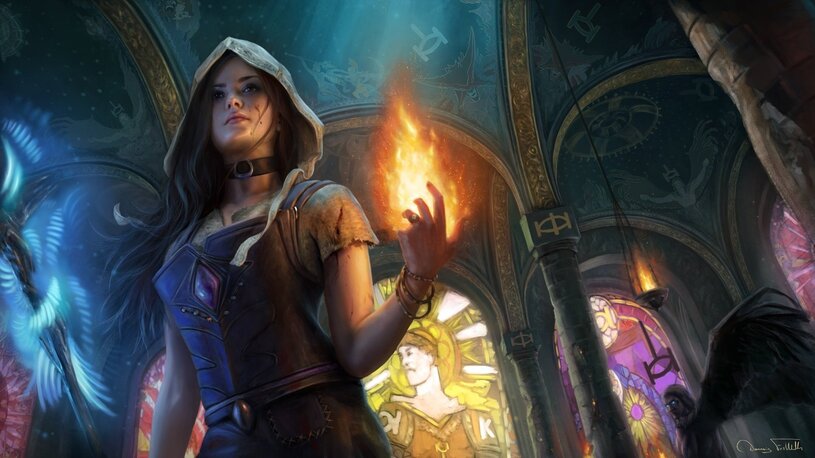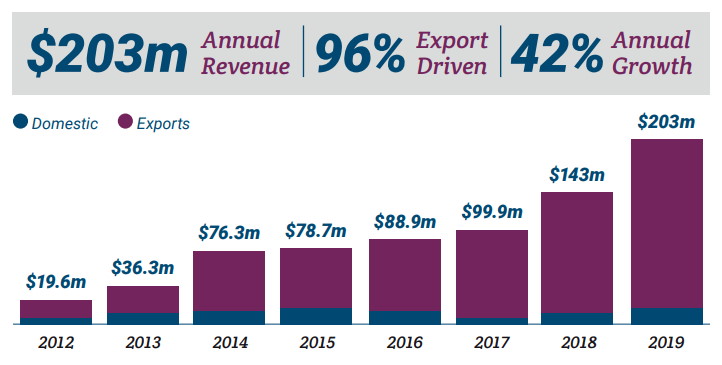The income of the New Zealand game dev has more than doubled in two years. But the market lacks personnel
The income of the New Zealand game dev for the 2019 fiscal year exceeded $131 million. Since 2017, the turnover of the local industry has more than doubled.

Path of Exile
This is indicated by the data of the New Zealand Game Developers Association (NZDGA).
Its employees also analyzed the local market by interviewing 39 local companies in the segments of interactive entertainment, XR and technical educational projects. Analysts were interested in hiring employees, as well as the choice of gaming platforms.
Among the companies surveyed are NinjaKiwi (Bloons series of games), Grinding Gear Games (Path of Exile) and RocketWerkz (Out of Ammo).
The results of the NZDGA study are below.
Earnings dynamics
- In fiscal 2017, New Zealand studios earned $64.3 million. A few years before that, the industry had practically stagnated.
- In 2018, there was a jump in revenue to $92.1 million.
- In 2019, the industry has already earned $131 million*. Judging by these figures, her income is growing at an increasingly rapid pace. This business sector is already called the fastest growing in the country.
* The 2019 NZDGA fiscal year ended on March 31, 2019.

Analysts noted that the New Zealand government is stimulating the development of the industry. The authorities expect that its turnover will reach $1 billion in 10 years. The last state investment of $6.4 million was reported in October last year.
Hiring problems in the industry
- 93% of the turnover of the gaming market in fiscal 2019 was accounted for by the ten largest companies;
- they also employ 77% of all New Zealand developers. In total, there are 683 employed gaming specialists in the industry. This is 133 more people than in fiscal year 2018;
- however, almost half of the studios (47%) complain about the lack of qualified developers. This hinders the growth of companies. In 2018, 24% of companies reported this problem;
- 31% of jobs in the industry are assigned to programmers, 29% to artists, 24% to game designers and producers, 12% to managers and marketers;
- The most difficult thing in New Zealand is to hire high-class technical and art leaders. 79% of studios faced a shortage of relevant specialists.
Popularity of platforms and game directions
- The majority of companies among 39 respondents (69%) work with mobile games;
- 53% develop games for PC;
- 38% — games for consoles;
- 22% — AR games;
- 19% are VR games.
It is separately noted that 24% of New Zealand studios develop games and applications for corporate clients and government agencies. Another 20% specialize in educational games for educational institutions.
Also on the topic:
